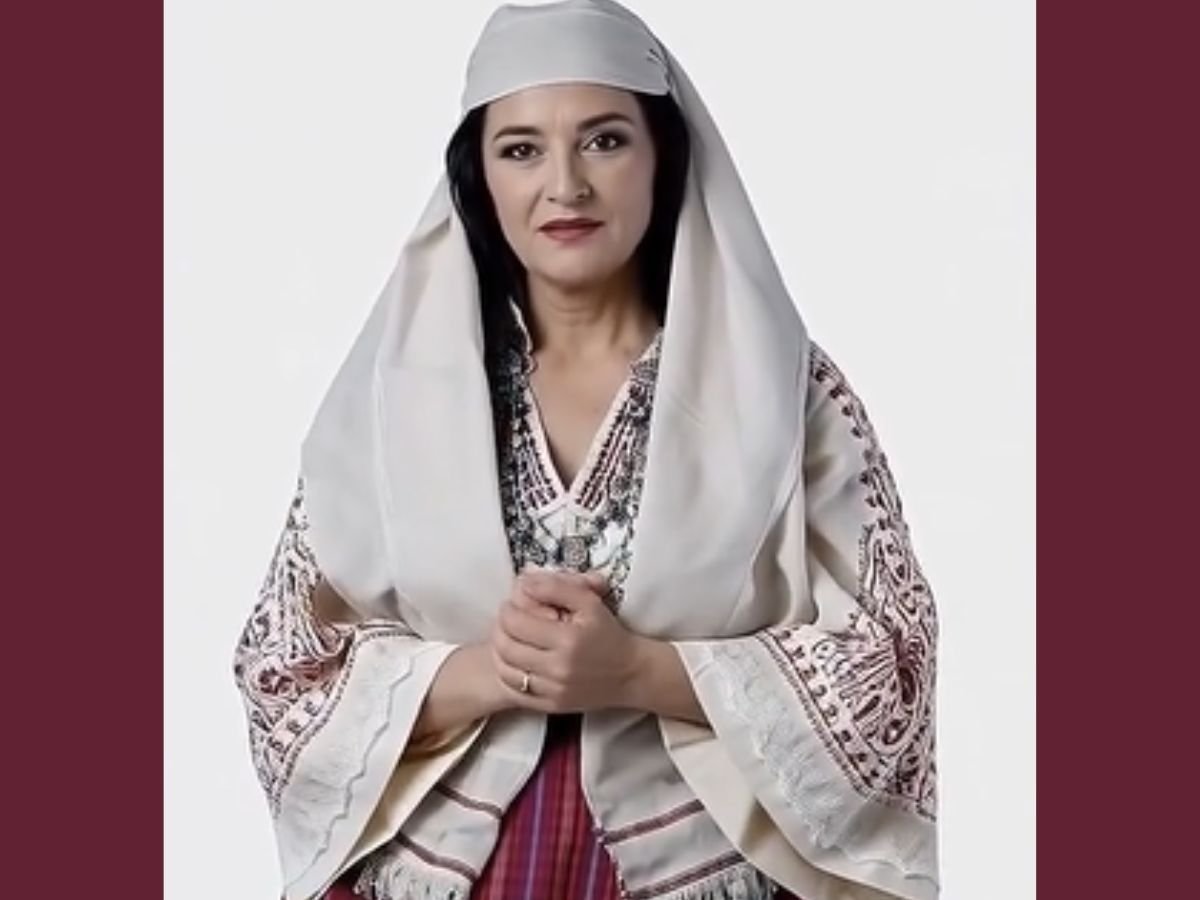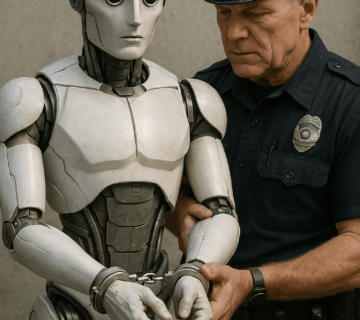In a move that’s turning heads globally, Albania has appointed the world’s first AI Minister of Albania, a virtual cabinet member named Diella. Imagine someone speaking in Parliament, handling procurement, but she’s neither flesh nor blood. Diella is a virtual minister powered by artificial intelligence, and her job is to make government contracting cleaner, faster, and more transparent. It’s bold, unusual and exactly why people are watching.
Why Albania Created an AI Minister
Albania’s history with public contracts and tenders has long been marred by corruption, favoritism, and murky processes. For years, critics and citizens alike have complained that contracts aren’t awarded fairly, that political influence seeps in, that bribes or backdoor deals are common. This has hurt public trust and raised barriers for honest companies trying to compete.
Enter Prime Minister Edi Rama. Rama has been outspoken about reform, about pushing Albania toward European Union membership, and about needing tangible change in how government works. He positioned Diella as a tool to counter these corruption problems. By making tender evaluation more standardized, less subject to human discretion (and weaknesses like bias or influence), the government hopes to tighten accountability.
Symbolism is strong here. By appointing an AI minister, Albania is saying: “We are tech-forward. We want reform. We want to show we are serious about cleaning up.” Especially given the pressure from the EU and international observers, this move helps send a message: that Albania is not just talking about anti-corruption, but trying something radically new.
What the AI Minister of Albania Will Do
So what exactly will Diella, the AI Minister of Albania be doing?
- Overseeing public procurement and government contracts: Diella will handle (or at least be deeply involved in) the awarding of public tenders. The idea is to establish clear, objective criteria and reduce human interference.
- Evaluating tenders based on standardized criteria: Rather than leaving decisions to individual ministers or committees, Diella will apply metrics or algorithms to decide who wins contracts merit, fairness, transparency.
- Avatar, first speech, role as helper: She has an avatar, dressed in traditional Albanian costume, and she gave her first address to parliament. In that speech, she stressed she is “not here to replace people, but to help them.”
It’s worth noting that her legal powers are being built up gradually, rather than being an overnight shift. Human oversight and existing systems are still in place, at least for now.
Benefits Already Seen and Expected
Some benefits are already visible, and others are hoped for. Here’s what they are:
- Current benefits: Diella has been part of the e‑Albania platform since January, helping citizens with digital services, issuing documents, guiding bureaucratic procedures, etc. These services are smoother, faster, with fewer intermediaries.
- Expected benefits:
- Reduced corruption: With tender decisions based on algorithmic criteria, less room for nepotism or bribery.
- Fairer contract awards: More companies, especially smaller ones, may get fair shots if criteria are transparent.
- Better transparency: Citizens will (in theory) be able to see how things are decided. Data trails, logs, digital oversight.
- Faster processes: Digital tools are less slow than manual review, fewer delays from human bottlenecks.
- Human trust: Perhaps the biggest benefit will be restoring or increasing citizens’ trust in government processes. If people see results, that contracts are awarded fairly, that services are delivered more quickly the abstract promise of transparency becomes something real.
Challenges and Reactions
Of course, no innovation comes without concerns. The idea of an AI Minister of Albania has drawn both applause and serious criticism. Here’s a balanced view.
What supporters point out
- It’s an experiment, yes, but one with potentially wide payoff. If it works, Diella could become a model for how technology helps in governance.
- The government argues that this step is tactical for EU accession: transparency, rule of law, reducing corruption are all criteria that EU officials monitor. Diella helps show Albania is trying.
- Diella’s speech stressed non‑discriminatory service, no personal ambition, no human frailty. This appeals because people are tired of scandals and distrust.
Critiques:
- Legal & constitutional questions: Can a non‑human being (an AI) hold a ministerial portfolio under current law? Some parties argue the constitution expects human office holders.
- Accountability & oversight: Who watches Diella? What happens when mistakes happen, or bias creeps in via training data, algorithms, oversight gaps, etc. AI can have errors, be manipulated, or reflect its designers’ biases.
- Symbol vs substance: Some see it as a PR move; flashy, symbolic, but risk of not delivering real change. If tenders are still influenced by humans behind the scenes, or data is opaque, public perception could sour.
- Public trust: That trust must be earned. If Diella makes mistakes, or doesn’t really reduce corruption, the backlash could be strong. Skeptics already question whether this is governance by responsibility or just optics.
What This Means Beyond Albania
The AI Minister of Albania is more than a local experiment. It could reshape thinking about governance globally.
- It raises questions: could other countries try something similar? Maybe in regions where corruption is a serious drag.
- It may prompt new legal frameworks: constitutions, laws will need to adapt to AI roles in government. What rights, responsibilities, liabilities?
- It stretches the idea of what a “minister” can be: not just a person with human flaws, but a tool/system designed to serve objectively, assuming it can be built well.
- It emphasizes tech as part of political credibility in the modern world: for Albania, EU accession is a goal; demonstrating tech‑forward governance could help.
Conclusion
The appointment of Diella the AI Minister of Albania, is a watershed moment. Albania is daring, making history, stepping into uncharted territory. Whether Diella ends up as a model or a cautionary tale depends on real change: fewer corrupt contracts, more fairness, actual transparency, not just speeches.
Could other governments follow? Probably especially as AI becomes more capable and citizens demand better governance. But they’ll need to solve legal, ethical, operational risks first.
What’s clear is this: technology is no longer just a tool in government. In Albania, it’s becoming part of governance itself. The world will be watching and soon, we’ll see whether this experiment lives up to its promise.
FAQs
The AI Minister of Albania, named Diella, is designed to oversee public procurement and government tenders. Her main purpose is to make these processes more transparent, fair, and efficient by using AI to evaluate bids based on standardized, objective criteria, rather than relying on potentially biased human judgment.
Albania has faced long-standing issues with corruption in public contracts. By appointing the AI Minister of Albania, the government aims to introduce a neutral, tech-powered solution that reduces human interference and political influence in procurement decisions. It’s a symbolic and practical step toward reform and modernization.
Diella is not a person, she’s a virtual minister powered by artificial intelligence. She has an avatar, gave a speech in Parliament, and interacts through the government’s digital platforms. However, she operates as a digital tool, supporting human decision-makers rather than replacing them entirely.
So far, Diella has helped improve digital public services through the e-Albania platform, making processes like document requests faster and more reliable. While it’s still early, the government believes her role in procurement will soon lead to fewer corrupt deals and more transparency in how contracts are awarded.
Yes, some critics argue that the AI Minister of Albania may challenge constitutional norms, since government ministers are typically expected to be human. There are also concerns about accountability, who takes responsibility if Diella makes an error? These legal and ethical questions remain part of the public debate.





